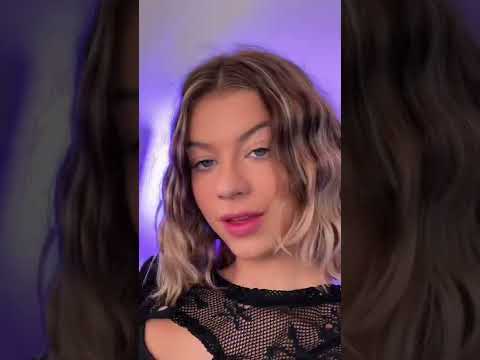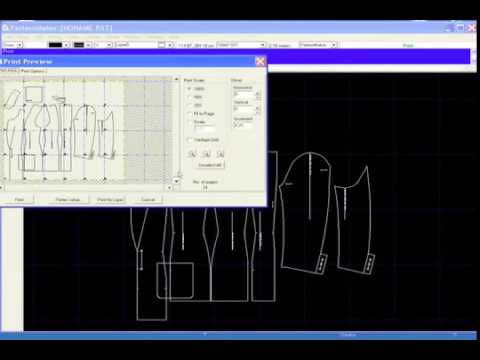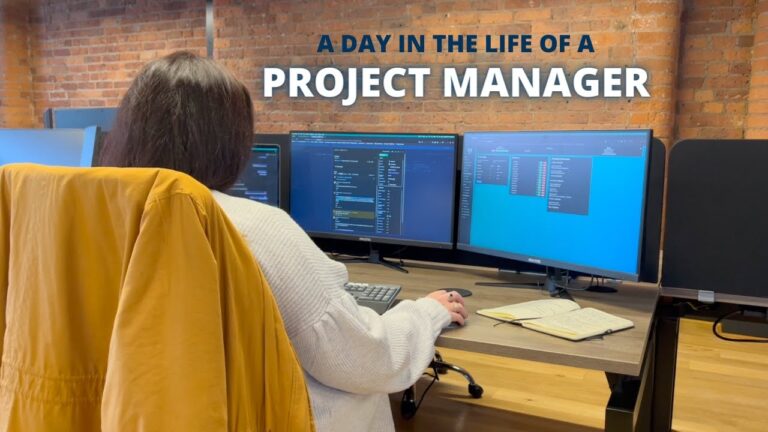Discover the Lucrative World of Makeup Artistry: Job Description and Salary

Make-Up Artist Job Description Template
Make-Up Artist Job Description A make-up artist is a professional who applies cosmetics and beauty products to enhance the appearance of individuals, whether for special occasions or for everyday purposes. They are skilled in using a variety of techniques and tools to create desired looks and transform the appearance of their clients. The primary responsibility of a make-up artist is to analyze the client’s skin tone, facial features, and preferences to determine the most suitable makeup application. They must have a thorough understanding of color theory and be able to select appropriate shades and textures for different skin types and complexions. Make-up artists also need to stay up-to-date with the latest trends and techniques in the beauty industry. They often work closely with hairstylists and fashion designers to create a cohesive look for photo shoots, fashion shows, or theatrical productions. Additionally, they may provide make-up services for weddings, proms, and other special events. Attention to detail and strong communication skills are essential for make-up artists. They must be able to effectively communicate with clients to understand their desired looks and provide recommendations based on their expertise. They must also be able to work efficiently under pressure and meet tight deadlines. Overall, a make-up artist plays a crucial role in helping individuals feel confident and beautiful. They have the ability to transform appearances and create stunning looks through their artistic skills and knowledge of cosmetics. With their expertise, they can enhance natural features and create unique looks that reflect the client’s personality and style.Make-Up Artist Responsibilities
Make-Up Artist Requirements
How Much Does A Make-Up Artist Make?
Make-Up Artist Salary
| Experience Level | Annual Salary |
|---|---|
| Entry Level | $25,000 – $40,000 |
| Mid-Career | $40,000 – $60,000 |
| Experienced | $60,000 – $80,000 |
| Senior | $80,000 – $100,000 |
A Make-Up Artist’s salary can vary depending on their experience level. Entry-level Make-Up Artists can expect to earn between $25,000 and $40,000 annually. As they gain more experience and skills, their salary can increase to between $40,000 and $60,000 in the mid-career stage. Experienced Make-Up Artists with a strong portfolio and reputation can earn between $60,000 and $80,000 per year. Senior Make-Up Artists, who have extensive experience and often work with high-profile clients, can earn between $80,000 and $100,000 annually. It is important to note that these figures are approximate and can vary based on factors such as location, specialization, and industry demand.
Make-Up Artist Salaries by Country
Top Paying Countries for Make-Up Artist
| Country | Average Salary |
|---|---|
| United States | $66,050 |
| Canada | $47,000 |
| United Kingdom | £30,000 |
| Germany | €37,000 |
| Australia | A$60,000 |
Make-up artists can expect higher salaries in certain countries. According to available data, the top paying countries for make-up artists include the United States, Canada, United Kingdom, Germany, and Australia. In the United States, the average salary for make-up artists is $66,050 per year. In Canada, it is around $47,000, while in the United Kingdom, the average salary is £30,000. Germany offers an average salary of €37,000, and in Australia, make-up artists can earn around A$60,000. These figures may vary based on factors such as experience, location, and the demand for make-up artists in each country.
A video on the topic Make-Up Artist
Video Source : Sydney MorganInterview Questions for Make-Up Artist
1. What inspired you to become a make-up artist?
I have always been fascinated by the transformative power of make-up and its ability to enhance a person’s natural beauty. I was inspired by the creativity and artistry involved in the profession, which led me to pursue a career as a make-up artist.
2. How do you stay updated with the latest make-up trends and techniques?
I actively follow renowned make-up artists and influencers on social media platforms, attend workshops and seminars, and regularly read industry magazines and blogs. Additionally, I participate in professional development courses to refine my skills and learn about the latest trends and techniques.
3. What steps do you take to ensure client satisfaction?
I believe in effective communication and actively listening to my clients’ needs and preferences. Before starting any make-up application, I discuss their desired look, offer suggestions, and seek their feedback throughout the process. I strive to create a comfortable and enjoyable experience for my clients, ensuring their satisfaction with the final result.
4. How do you handle difficult clients or challenging situations?
Patience and understanding are key when dealing with difficult clients or challenging situations. I remain calm and professional, actively listening to their concerns and addressing them with empathy. By finding common ground and offering solutions, I aim to resolve any issues and ensure a positive experience for both the client and myself.
5. Can you describe your approach to working with different skin tones and types?
I believe in inclusivity and celebrating the beauty of all individuals, regardless of their skin tone or type. I take the time to understand each client’s unique skin characteristics and adapt my techniques and product selection accordingly. By using a diverse range of products and understanding the specific needs of different skin tones and types, I ensure a flawless and customized application for each client.
6. How do you maintain hygiene and cleanliness in your work environment?
I prioritize hygiene and cleanliness to ensure the safety and well-being of my clients. I sanitize my tools and brushes before and after each use, regularly clean and disinfect my work area, and follow proper hygiene practices such as handwashing and using disposable applicators when necessary. Additionally, I stay up to date with industry guidelines and regulations regarding hygiene standards.
7. Can you share an example of a make-up look that you are particularly proud of creating?
One make-up look that I am particularly proud of creating is a dramatic smoky eye with a bold red lip. The client wanted a glamorous and sophisticated look for a special event, and I was able to achieve a seamless blend of dark and shimmery eyeshadows, perfectly complemented by a vibrant red lip color. The client was thrilled with the final result, and it was a rewarding experience to see her confidence shine through.
8. How do you handle last-minute changes or requests from clients?
Flexibility is a crucial skill in the make-up industry, as last-minute changes or requests are not uncommon. When faced with such situations, I remain adaptable and prioritize open communication with the client. I assess the changes or requests and work collaboratively with the client to find a solution that meets their needs while ensuring a seamless and timely make-up application.
9. What do you believe sets you apart from other make-up artists?
I believe my attention to detail, passion for continuous learning, and ability to connect with clients on a personal level set me apart from other make-up artists. I always strive for perfection in every application, and I genuinely enjoy getting to know my clients, understanding their preferences, and creating a make-up look that reflects their individuality.
10. How do you handle feedback or criticism from clients?
I value feedback and see it as an opportunity for growth and improvement. When receiving feedback or criticism from clients, I remain open-minded and receptive. I take the time to understand their concerns, ask clarifying questions if needed, and make any necessary adjustments to ensure their satisfaction. Constructive criticism helps me refine my skills and deliver an even better experience for future clients.






